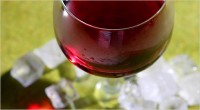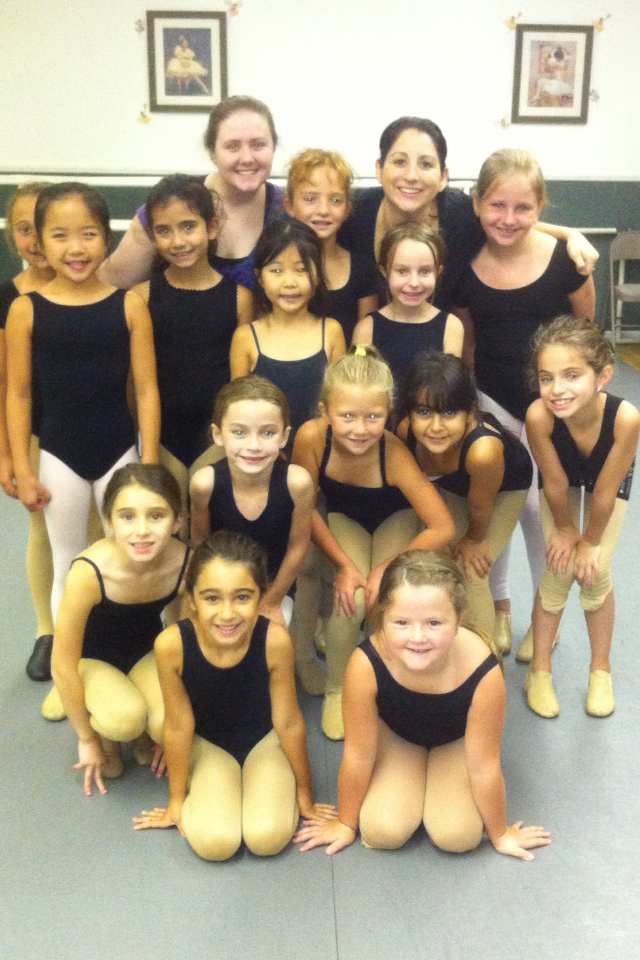Grapevine: Marketing to Women: Girls Just Want to Have (Serious) Fun
 The marketing industry in the United States is perceived as dictating our lifestyles, influencing our morals and esthetics and generally molding us in the image created by a select group of marketing and advertising firms. From our “preferences” for certain autos to our choices of fashion, food and beverages, we can easily be seduced by the billions of dollars spent on the subliminal infiltration of our psyche and our decision-making process.
The marketing industry in the United States is perceived as dictating our lifestyles, influencing our morals and esthetics and generally molding us in the image created by a select group of marketing and advertising firms. From our “preferences” for certain autos to our choices of fashion, food and beverages, we can easily be seduced by the billions of dollars spent on the subliminal infiltration of our psyche and our decision-making process.
With the proliferation of social media in the last decade, marketers and advertisers have focused their efforts more narrowly than in the past. More and more we see ads and promotions geared specifically to select demographic profiles.
This is as true for wine as it is for any other consumer product. Marketing has always been about provocative advertising and point-of-sale appeal. That hasn’t changed and will certainly continue.
 What has changed is the targeted audience. I have seen a sea change in targeted marketing for certain wines–and it seems to be very successful. Such marketing was typically gender-neutral, but over the last five years, a subset of marketing and advertising has clearly been focused on females. As women have continued to gain stature and influence in the United States in their professional and personal lives, wine products are increasingly focused on influencing their purchasing decisions. Whether they are stay-at-home or work-at-home moms or single professionals trying to create an acceptable work-life balance, women have become the targets of wine producers eager to sell their products with a certain image that appeals to the female consumer.
What has changed is the targeted audience. I have seen a sea change in targeted marketing for certain wines–and it seems to be very successful. Such marketing was typically gender-neutral, but over the last five years, a subset of marketing and advertising has clearly been focused on females. As women have continued to gain stature and influence in the United States in their professional and personal lives, wine products are increasingly focused on influencing their purchasing decisions. Whether they are stay-at-home or work-at-home moms or single professionals trying to create an acceptable work-life balance, women have become the targets of wine producers eager to sell their products with a certain image that appeals to the female consumer.
And for good reason. According to a recent Gallup Poll, women are the dominant purchasers of wine (60 percent of all wine sold) as well as a receptive audience. (52 percent prefer wine as their alcoholic beverage of choice compared to 20% of men)
To say the marketing has been fragmented is an understatement. Targeted marketing can be innocent and with broad appeal. But that’s not the way it has evolved. It started with wines such as Mommy’s Timeout and MommyJuice, which have an inviting ring of tension relief.
But then it turned a bit bizarre, even nasty. Wines such as Mad Housewife, Bitch, Big Ass Red and Sassy Bitch hit the shelves, and, surprisingly, sold well. Next, the industry turned provocative, churning out a torrent of sexist wines, including Skinny Girl, Cleavage Creek, Little Black Dress, Seductive, Flirt, Strut and Naughty Girl. Even these wines have sold well.
In its current campaign, the industry has turned to playing the emotional strings of the modern woman who is trying to balance her multiple lives, all the while enmeshed in 21st century multitasking. Whether they’re harried mothers, 60-hours-a-week career professionals or both, they are being wooed with a campaign that promotes wines for particular occasions rather than the traditional marketing values of grape varietal or region of origination. The appeal is for a wine that bonds friends or promotes sisterhood. Examples include Girls’ Night Out and Middle Sister, which names its wine like personalities: Drama Queen, Surfer Chick, Sweetie Pie and Glamour Girl.
Are women significantly different from men in their buying patterns? According to Stonebridge Research, a wine consulting firm, “in focus groups, women say they buy wine to go with food, to relax, to drink with friends, to have fun. Men, on the other hand, say they drink for health, but off the record, they admit they buy wines that will impress their friends.”
All of this marketing focus is a bit patronizing in my opinion. But these strategies sell wine–a lot of it. The United States is now the world leader in annual wine consumption (nearly four billion bottles or 2.5 gallons per capita) and women are purchasing the majority of it.

In my opinion, most 21st century female consumers seek out wines that suit their individual palates, not the images on a wine label. There are no female wines, only marketers ready to prey on the uninformed and easily manipulated, which is not the general demographic or emotional profile of the modern American woman.
Nick Antonaccio is a 35-year Pleasantville resident. For over 15 years he has conducted wine tastings and lectures. He is co-host of “Glass Up, Glass Down,” a local cable television series on wine and food; he also offers personalized wine tastings and wine travel services. Nick’s credo: continuous experimenting results in instinctive behavior. You can reach him at nantonaccio@theexaminernews.com or on Twitter @sharingwine.


